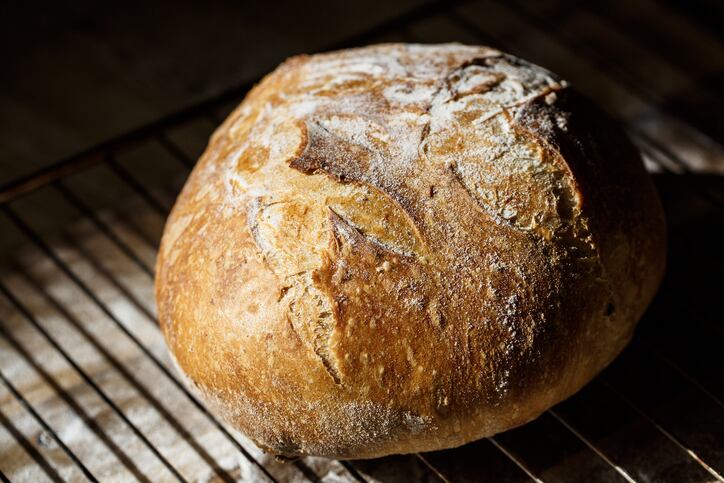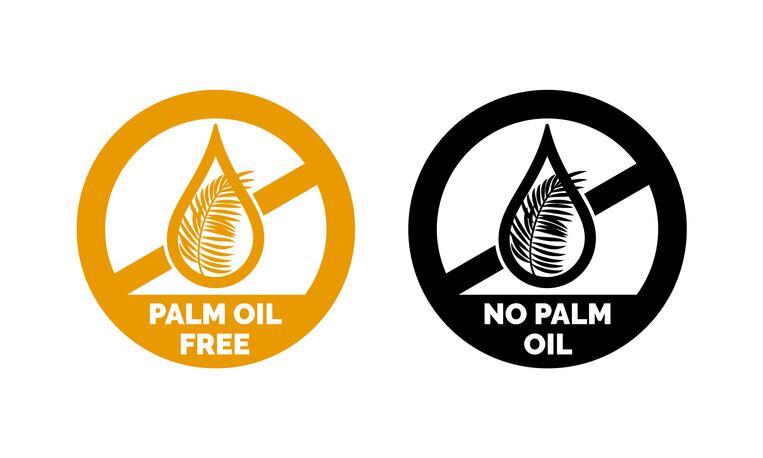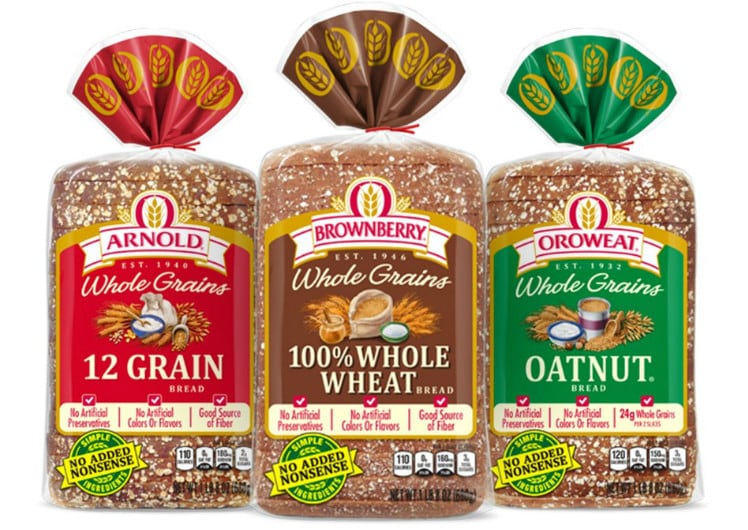Unlike many of its competitors, Bartek exclusively manufactures malic and food-grade fumaric acid.
The Ontario-based supplier – now owned by TorQuest, a firm specializing in middle market companies – is celebrating its 50th anniversary and recently revamped its image to simplify and streamline its messaging.
“Part of our message here – and all the other trade shows we’ve been to this year – [is] reminding the market that malic and fumaric acid are really good tools in the acidulant toolbox,” Jeff Billig, VP of marketing and business at Bartek, told us at IBIE in Las Vegas earlier this month.
“There is an emerging market for clean label, where customers are willing to pay a premium for products that are more aligned with their consumer value propositions,” he added, but “it’s a balance between economics and positioning.”
At the show, Bartek was 'really intrigued at the prospect of mass-scale artisan bread' – a pillar of IBIE 2019 – and how its combination of acids might play into the reformulation of existing products and the creation of new ones.
Countering CalPro – and being accepted by Whole Foods
The baking industry faces unique challenges in today’s landscape: consumers want artisan, handcrafted baked goods, but they also want convenience and decent shelf life.
Malic acid – a series of colorless crystals with a sour taste – is found naturally in acidic fruits like tomatoes and apples. It offers another tool to solve problems like finished product volume, reduction in mix time, and increase in absorption, said Billig. According to Bakerpedia, it ‘intensifies’ flavors in food and beverages while improving aftertaste and, in some cases, reducing reliance on other flavors.
These acidulants won’t eradicate the need for other chemicals like CalPro (calcium propionate), which is commonly used as a mold inhibitor. But when used properly, they can reduce the amount required to make shelf-stable, mold-resistant baked goods, explained Billig.
He described CalPro as the “workhorse preservative system, but it’s not clean label. Finding an alternative to CalPro is the holy grail.”
One of the most common questions his team fielded at IBIE was “Is this ingredient on the Whole Foods list?” referring to the Amazon-owned retailer’s list of ‘unacceptable ingredients for food.’ The list includes various ammoniums, benzoates, potassium bromate (commonly used in baking to improve the strength of gluten fibers), synthetic vanillin – and calcium propionate.
Neither fumaric nor malic acid are on 'the list.'
“I haven’t had any conversations in the last three days where someone has said, ‘I don’t think fumaric acid is clean label.’ There have been a few folks who have said, ‘[I’m] not sure.’ A few folks have [said], ‘It sounds fine to me – I don’t have any issue with it,’” Billig told us.
“If there was a magic bullet, everyone would be using it,” he added. He compared the plethora of ingredients – both natural and chemically derived – to a drawer full of cake decorating tools (another common theme at IBIE).
“We’re just trying to add more tools to the toolkit,” he said, while ensuring that producers know that malic and fumaric acids can help solve some of these modern challenges.




